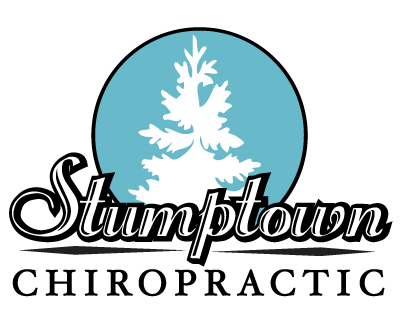Where do you buy your honey from? If it's from the grocery store, chances are you're not getting 100% real honey.
The health benefits of honey have been in the news a lot lately. Many people are typically aware that honey can help with allergies. Although, much of those results are anecdotal, there are still numerous benefits of using raw, local, organic honey.
Honey that is mass produced and sold in bulk grocery stores, or in those cute little bears, is often not 100% real honey! "American consumers buy about 400 million pounds of honey per year, but US producers only supply 150 million pounds. So foreign businesses, especially manufacturers in China, are selling honey cut with cheap sweeteners, sugar water or high-fructose corn syrup. Some of the honey also contains unauthorized antibiotics and pesticides".
Real honey contains:
- bee pollen from local flora that help protect you against allergy symptoms (regularly exposing yourself with local honey, can help to minimize symptoms). Small amounts of pollen may help with symptoms, although many seasonal allergies are caused by trees/grass/weeds, and not the flowers that bees pollinate.
- anti-viral, anti-fungal, anti-inflammatory properties
- vitamins and enzymes
- no added sugars or fake sweeteners
- Benefits include:
- Unprocessed, unheated, unpasteurized
- Raw
- Organic
- Natural cough suppressant
- Can be used for beauty treatments: hair, facial, moisturizer or body scrub
- Baking alternative, instead of using processed sugars (still contains glucose and fructose and can affect insulin levels, but you know where the honey came from!).
- Less is more! A little honey can add a lot of sweetness!
- Consider getting your own bee hive for your yard to have fresh, local honey whenever you want! Bee Thinking is a great resource!
Fake honey contains:
- high fructose corn syrup; many times derived from GMO corn
- may contain antibiotics
- little to no bee pollen
- it's not LOCAL
- sugar fed bees
- usually heated and pasteurized (damaging vitamins and minerals)
A randomized control study was performed regarding birch pollen honey (birch pollen added to honey), and birch pollen allergies. The results of the study showed that symptoms were minimized with the honey than with just medication alone. Other sources online say that honey cannot help with seasonal allergies, as most are due to grass, weed, and tree pollen, not the flowers that bees pollinate.
Even though the research is still out on honey's ability to help with seasonal allergies, there are numerous other health benefits!
Raw, local throat spray!
*Main image source: http://peterturchin.com/blog/wp-content/uploads/2015/05/Honey.jpg

